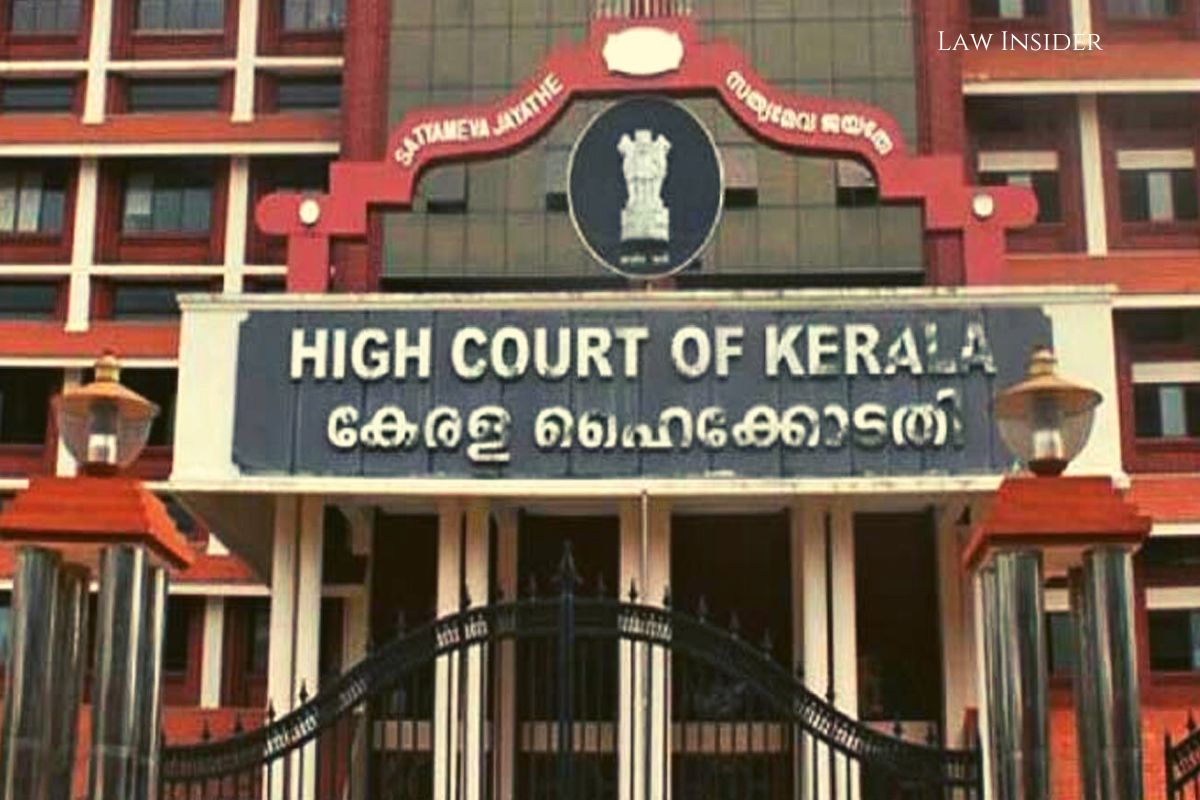LI Network
Published on: November 22, 2023 at 00:20 IST
Kerala High Court, in a recent ruling, emphasized that amendments to a lawsuit, which are not essential for determining the actual dispute between the involved parties, should not be permitted.
The Court addressed this matter in response to a petition filed by an individual (petitioner) challenging the order of the Principal Munsiff Court, Neyyattinkara, which had approved an amendment requested by three individuals (respondents).
Justice C. Jayachandran, presiding over a Single Bench, stated, “…an amendment seeking to introduce facts related to the plaintiff’s title will not serve any useful purpose. It cannot be asserted that such allegations are necessary for resolving the actual dispute between the parties, considering the nature of the reliefs sought in the suit. Under these circumstances, the requested amendment should not have been granted. Additionally, the sought-after amendment is also belated.”
The petitioner’s counsel argued that the respondents’ amendment, allowed by a brief order, claimed that the Court was satisfied with its necessity and that an amendment application could be filed at any stage.
It was highlighted that the application for amendment was submitted after the proof affidavit, following the commencement of the trial. The petitioner’s counsel further contended that the matters intended for inclusion through the amendment were unnecessary for the suit’s adjudication.
The respondents, owners of the property adjacent to the plaintiff’s scheduled property, sought to introduce pleadings related to the title of the scheduled property, which had not been contested against the petitioner/plaintiff before any forum.
The petitioner’s counsel argued that the plaintiff’s title was not a matter for adjudication in a boundary-fixing suit.
Therefore, the amendment application should have been rejected. Conversely, the respondents’ counsel argued that the petitioner acquired the property through marriage, as per a deed executed by the second respondent, where the mother-in-law had paid the consideration.
It was pointed out that the petitioner’s marriage with the younger sister (third respondent) of the second respondent had ended in divorce, and the petitioner had no surviving rights in the property obtained through the marriage. The respondents’ counsel also noted that the scheduled property had been attached by the Family Court.
Considering the case’s facts, the High Court stated, “Having heard the learned counsel appearing on both sides, this Court is inclined to allow this Original Petition. As rightly pointed out by the learned counsel for the petitioner, the suit is only for fixation of boundary, as also, for an injunction from trespass. Admittedly, the respondents/defendants herein are the owners of the property, which lies on the immediate northern side of the plaint schedule property.”
The Court emphasized that the respondents had not challenged the plaintiff’s title over the scheduled property before any forum, nor had they made any counterclaim in that regard. Consequently, the High Court granted the original petition and dismissed the impugned order.
Case Title: Santhosh Kumar P.M v. John M.T and Ors.

